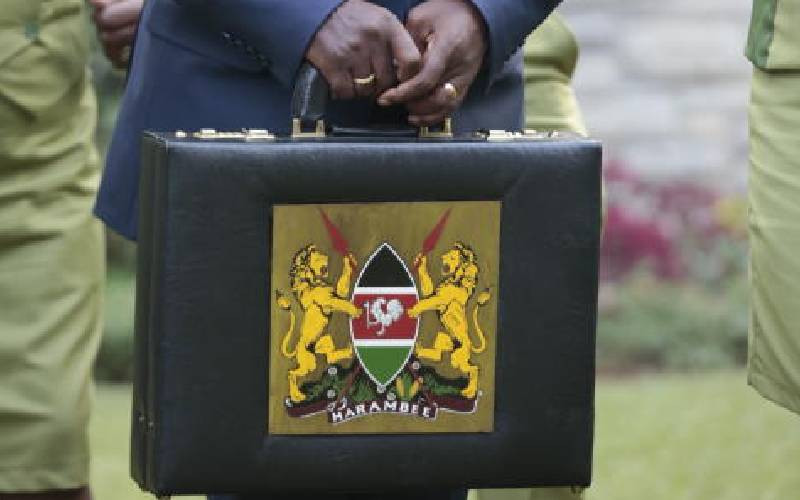×
The Standard e-Paper
Read Offline Anywhere

Audio By Vocalize

Many infrastructure projects that the government had embarked on and expected to continue over the current financial year are likely to stall following a major reduction in development spending for the next 12 months.
The National Treasury in the supplementary budget for the 2024/25 financial year has proposed a reduction of Sh122 billion on development expenditure.
